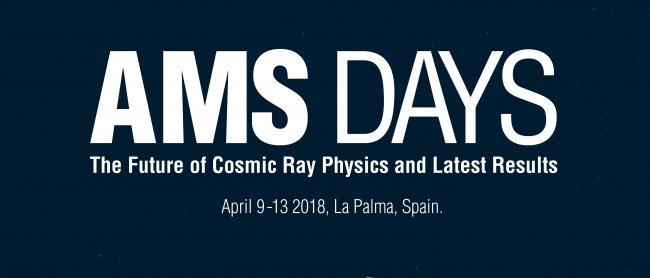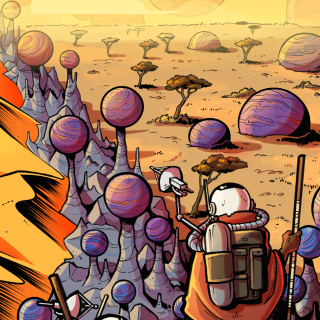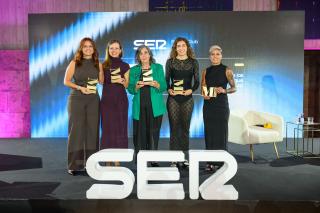In 2011 the AMS-02 instrument was installed on board the International Space Station. Since then, its main mission has been to obtain high precision data on the spectrum and chemical composition of cosmic rays originating in some of the most energetic phenomena in the Universe, such as supernova explosions. Another of its objectives is the study of dark matter and the search for primordial antimatter originating from the early Universe. From the start of its operation, AMS has detected more than 115,000 cosmic ray events. The AMS Days at La Palma conference will focus on analysing the results and comparing them with those obtained from other instruments.
From 9 to 13 April, the island will act as host to renowned physicists working for institutions such as the European Organization for Nuclear Research (CERN), NASA, the Chinese Academy of Science (CAS), and many others. The complete schedule for each day's talks is available on the conference website. AMS is a consortium formed by over 50 countries, including Spain, which is represented by the Instituto de Astrofísica de Canarias (IAC) and the Centro de Investigaciones Energéticas Medioambientales y Tecnológicas (CIEMAT).
Ramón García López, the IAC representative for the Alpha Magnetic Spectrometer and Principal Investigator of the IAC's Particle Astrophysics group, expects this conference to make public what we have learned so far after seven years of uninterrupted data gathering. 'The high quality of the statistics obtained and the unequalled quality of these observations, ' García López explains, 'make AMS-02 a unique instrument opening up a window that enables us to comprehend better these little-understood phenomena.'
Professor Samuel Ting, Principal Investigator of the AMS project and 1976 Physics Nobel Laureate for his discovery of the J particle, is a distinguished participant at the conference. On 12 April, at the Island Museum the Local Government (Cabildo) of La Palma and the Town Hall of Santa Cruz de La Palma will add a star to the island capital's Avenida Marítima. This honour is awarded to visiting personalities who contribute towards raising awareness of the island as a high level scientific point of reference. The star will join the three stars already forming the Science Star Walk commemorating British physicist Stephen Hawking, the Russian cosmonaut Aleksei Leonov, and Japanese 2015 Physics Nobel Laureate, the Japanese Takaaki Kajita.



